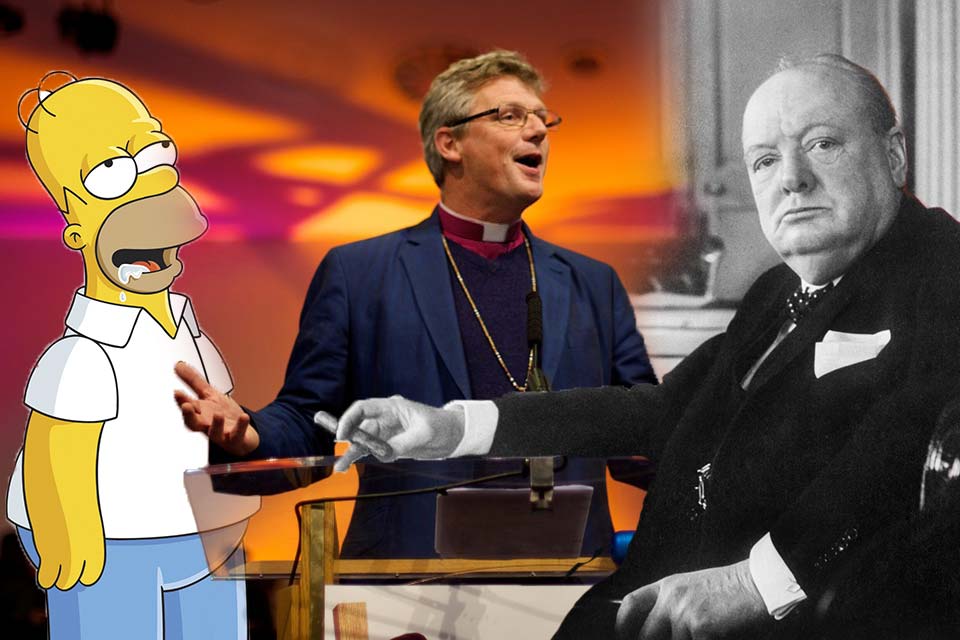
This is the time of year for school exams and end of term speech days. Many will be successful in their exams this summer but some will not get the results they want or need. Some students will receive prizes at speech day but many will not. I still remember the feelings of failure at messing up my A Levels 38 years ago and not achieving the results that were expected of me.
We may be tempted to think that successful people are those who are always successful, who seem to sail through life moving from one achievement to the next. However, that is usually not the case. Winston Churchill, as Prime Minister, boldly led Britain to victory in World War II. However, 25 years before that, as First Lord of the Admiralty, he championed a World War I military attack that ended in disaster—Gallipoli. Churchill believed that he had the solution for breaking the impasse of the trench warfare in Northern France by opening up a second front away in the Dardanelles in North West Turkey. The Battle of Gallipoli, however, became a slaughter and quickly morphed into a stalemate just as bloody, just as pointless as that on the Western Front. In the first month after storming the peninsula, the Allies lost 45,000 men. The ill-fated Gallipoli Campaign lasted nine months before the evacuation of the last Allied troops in January 1916. Each side sustained 250,000 casualties with 46,000 Allied troops and 65,000 Turkish troops dead. Gallipoli was a disaster and in May 1915, Churchill was demoted to an obscure cabinet post. He remained haunted by the failure of Gallipoli for decades but somehow he did not allow it to defeat him. When he took the office of Prime Minister in 1940, he wrote, All my past life had been a preparation for this hour and for this trial. That included Gallipoli. Later in life, Churchill would say that success is going from one failure to another without giving up.
This would seem to be true in Christian discipleship, too. It is well documented how Peter made a mess of following Jesus and disowned him in a cowardly manner when Jesus needed him most. Peter misunderstood much about Jesus but there was one thing he really understood: he knew that Jesus was one who forgave sins. That one thing he learnt and it meant that Peter was able to keep on and on, after failure. He never, finally, gave up. Peter fell at all the fences but he just picked himself up and struggled on, blinded with tears and covered in mud. It was this quality that Jesus must have seen in him this refusal to ever accept defeat. After his resurrection, Jesus put Peter back together again and even recommissioned him as leader of the apostles.
Failure is on the map in everyones life. The key seems to be recovering from it, not being defeated by it - allowing God to pull us up off the floor when we have fallen. When we fail we may be sorely tempted to agree with Homer Simpson: You tried your best; you failed miserably. The lesson is: never try! However, as followers of someone who died and rose again from the dead, there is a better way.
+Mark
30 June 2017